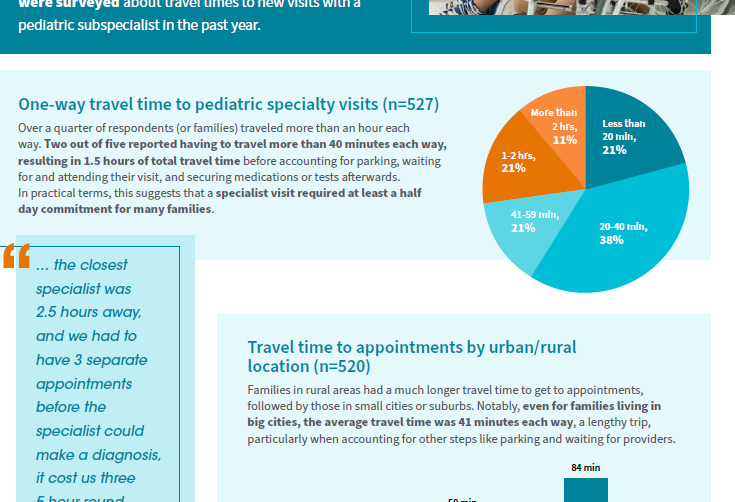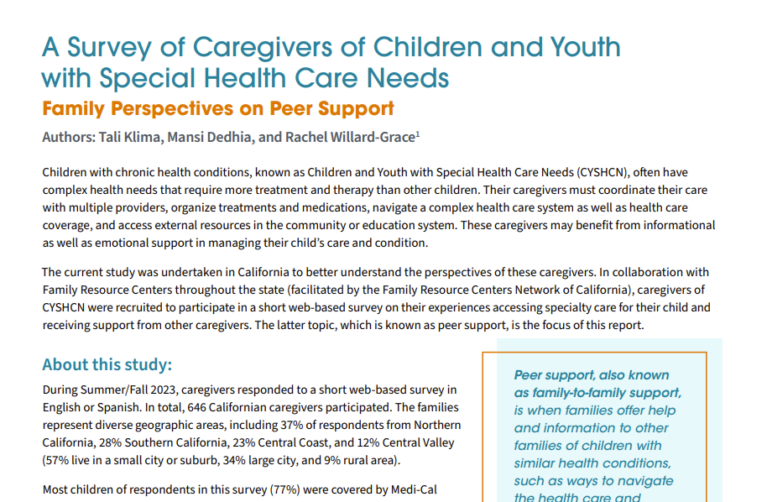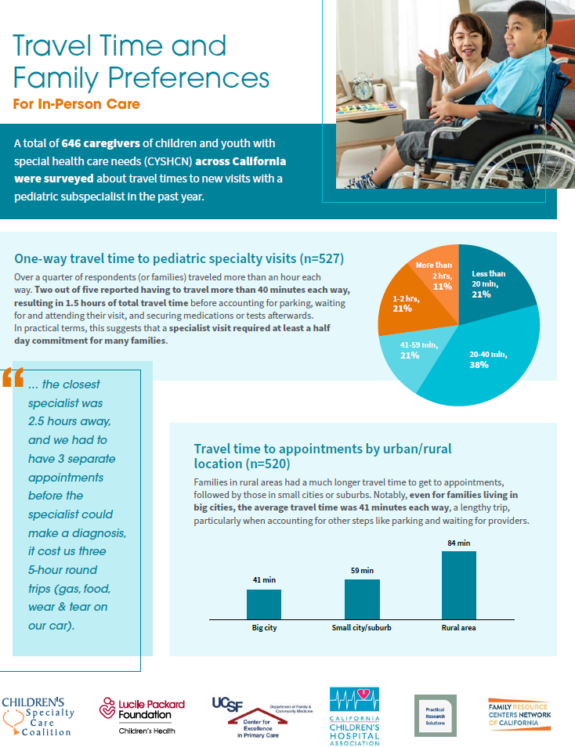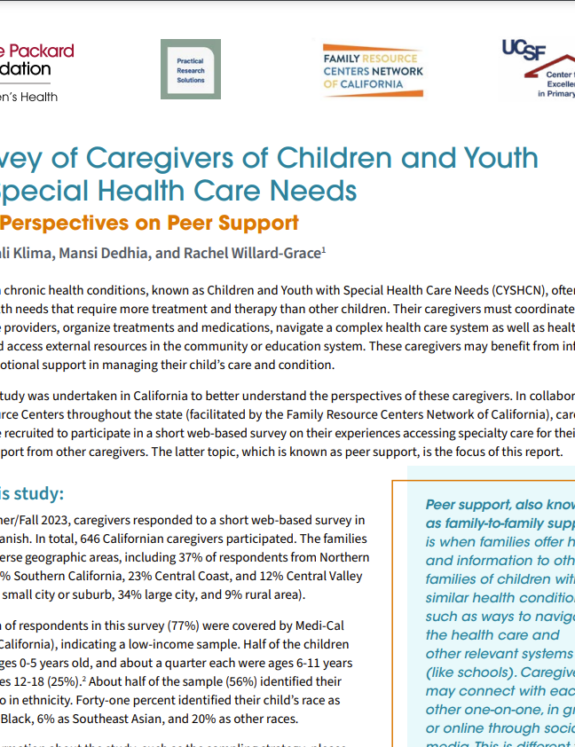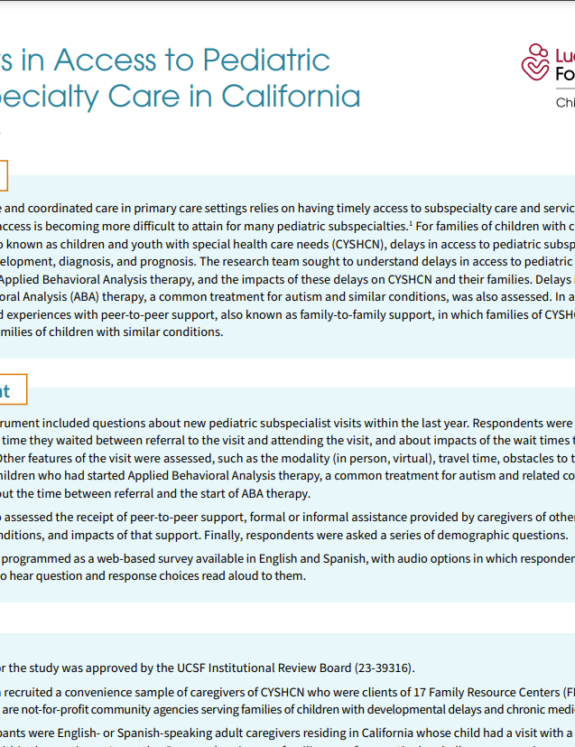Habilitative Services Coverage for Children Under the Essential Health Benefit Provisions of the Affordable Care Act
Habilitative services are defined by the National Association of Insurance Commissioners as “health care services that help a person keep, learn or improve skills and functioning for daily living.” Whether health insurance covers habilitative services is a matter of great importance in child health policy, because of the prevalence of developmental disabilities among children. In 2008, nearly one in seven children experienced a physical or mental health condition that led to some level of developmental disability, a figure 17% higher than a decade earlier.
The Affordable Care Act’s essential health benefit (EHB) provisions establish coverage standards for the individual and small group health insurance markets, and habilitative services and devices are included in the EHB definition. The implementation approach taken by the Obama Administration makes state law the primary source of regulatory policy in defining EHBs. In the absence of state standards, the Administration has elected to give broad deference to the health insurance industry to define the level of habilitative services coverage. Under federal regulations issued in February 2013, insurers will be permitted not only to define the benefit but also to engage in “substitution” of greater rehabilitative services for adults in favor of lesser habilitative services for children.
Establishing state standards for health insurance plans sold in the individual and small group markets (including Qualified Health Plans sold in the Health Insurance Marketplace) thus becomes key to health policy for children with disabilities. The evidence suggests that to date, only some states have addressed this issue. Key regulatory issues encompass coverage definition, permissible limitations and exclusions, medical necessity evaluation, the permissibility of substitution, and the interaction between habilitative services and mental health parity.
